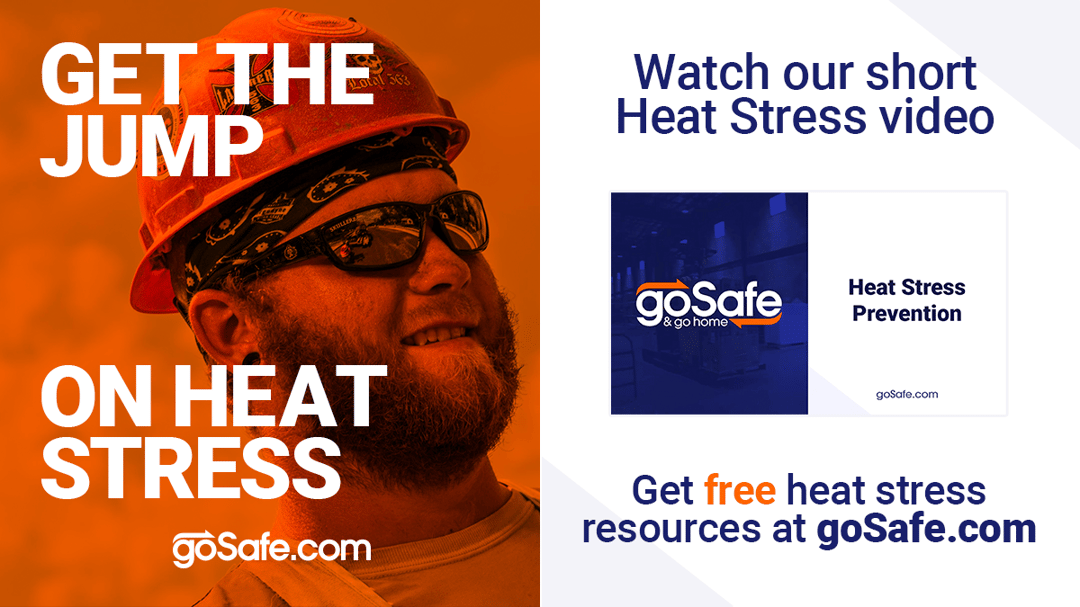Staying hydrated is important. Dehydration happens when your body uses or loses more fluid than it takes in. When it happens, your body starts running on empty and can't carry out its normal functions. Lost fluids must be replaced to avoid an imbalance of salts and sugar in the body, which can affect performance.
Effects of Dehydration
Dehydration can lead to:- Heat Injury or Illness
- Decreased Cognitive and Motor Skills
- Urinary and Kidney Problems
- Seizure and Loss of Consciousness
- Hypovolemic Shock
Maintaining a proper electrolyte balance through the intake of fluids designed to help keep your levels where they should be is essential to your health. The easiest way to prevent dehydration is to ensure you are consistently taking in fluids throughout the day, even if you don’t feel thirsty. While the recommended daily intake varies depending on age, climate, and physical activity level, workers should aim to drink about one cup of fluids every 15 to 20 minutes to replace what is being lost.
Heat Stress & Heat-Related Illnesses
Heat stress occurs when the body's core temperature increases so significantly that it is unable to cool itself by sweating. Heat tolerance varies by individual, but is affected by age, weight, physical fitness, hydration level, use of alcohol and medication, and pre-existing medical conditions.
A few of the most common heat-related illnesses include:
- Heat Rash
- Heat Cramps
- Heat Exhaustion
- Heat Stroke
With the exception of Heat Rashes, ensuring that a good electrolyte balance is maintained is a simple way to ward off HRI's. goSafe offers a wide variety of products from Sqwincher that are designed specifically to meet the needs of people working in hot environments where HRI's and dehydration are a risk.
"Maintaining a proper electrolyte balance through the intake of fluids designed to help keep your levels where they should be is essential to your health"
Assessment, Identification, and Management
Both employers and workers should be familiar with the symptoms of heat stress and be able to identify when you or someone else is at risk for a heat-related illness. If someone is identified as being at risk, use the following steps as a guide to help manage the situation:
- Move to a Shaded Area
- Remove Outer Layers of Clothing
- Cool Down with Fans, Mist, and Ice Bags or Cold Towels
- Provide Cool Drinks for Rehydration
- Alert a Supervisor or Call 911







